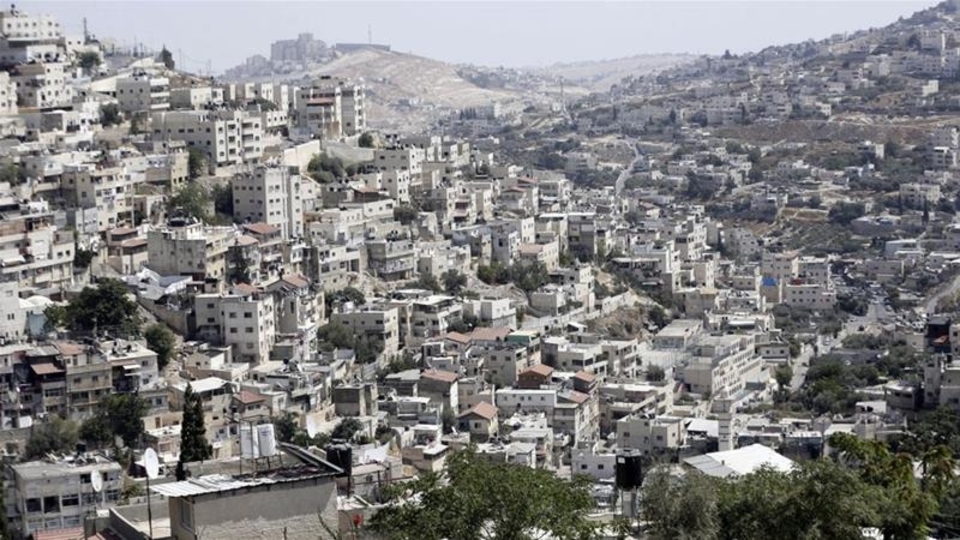The United States will no longer consider Israeli Jewish settlements in the occupied Palestinian territories of West Bank and East Jerusalem as illegal, US secretary of state Mike Pompeo announced on Monday, November 18. This move is in contravention of decades-old traditional US policy, and international law. It also marks a key stage in the Donald Trump administration’s shift in policy in favor of Israel.
Condemning the US move, Palestinian presidential spokesperson Nabil Abu Rudeinah said, “Washington is not qualified or authorized to cancel the resolutions of international law, and has no right to grant legality to any Israeli settlement.”
Senior Palestinian leader and member of the Palestine Liberation Organisation (PLO) executive committee, Hanan Ashrawi, also responded to the move by writing on Twitter that the US decision was “another blow to international law, justice and peace.”
Pompeo, in a statement, said, “After carefully studying all sides of the legal debate, this administration agrees that the establishment of Israeli civilian settlements in the West Bank is not, per se, inconsistent with international law. Calling the establishment of civilian settlements inconsistent with international law hasn’t worked. It hasn’t advanced the cause of peace.”
Before this announcement, the US policy on Israeli settlements was based on a legal opinion issued by the US state department in 1978, which had stated that the establishment of settlements in the Palestinian territories captured by Israel a decade earlier went against international law. The wider international community, including the United Nations and the European Union, also consider the settlements as illegal, and a major violation of international law. According to the fourth Geneva convention, an occupying power is prohibited from transferring its population to the area it occupies.
Meanwhile, the European Union has stated that it still holds Israeli settlement activity in the occupied Palestinian territories to be illegal under international law, and harmful to any prospects of establishing a lasting peace between the Palestinians and the Israelis. EU foreign policy chief, Federica Mogherini, in a statement said, “the EU calls on Israel to end all settlement activity, in line with its obligations as an occupying power.”
More than 700,000 Jewish settlers live in illegal settlements in the occupied West Bank and occupied East Jerusalem. Israel assumed control of the two territories after defeating Jordan in the 1967 six day war, and has been settling the two areas ever since. Close to 3 million Palestinians also live in West Bank and East Jerusalem in scattered Palestinian villages and towns, under the constant supervision of the Israeli army.
Since Donald Trump assumed the US presidency in 2017, Israel has stepped up its activities in the occupied territories, announcing the construction of several new settlements. The Trump administration has also demonstrated an explicit bias towards Israel and against the Palestinians. This sentiment in Israel has been vindicated and encouraged by several recent US policy measures, such as recognizing Jerusalem as the capital of Israel, moving the US embassy from Tel Aviv to Jerusalem, canceling US funding to the UN agency for Palestinian refugees, the closing down of the Palestinian embassy in Washington, and recognizing Israeli sovereignty over the occupied Syrian Golan heights.
Such moves by the US seem to have granted a sense of impunity to Israel. They also significantly help the right-wing, virulently anti-Palestinian Israeli prime minister, Benjamin Netanyahu, who, even after two national elections, has failed to secure a majority in the Israeli Knesset, and is facing corruption charges with a possible jail term if he ceases to be the prime minister. The move is also being seen as an attempt by Trump to win favor with the Jewish and Evangelical voter base in the US, before the 2020 presidential elections.





